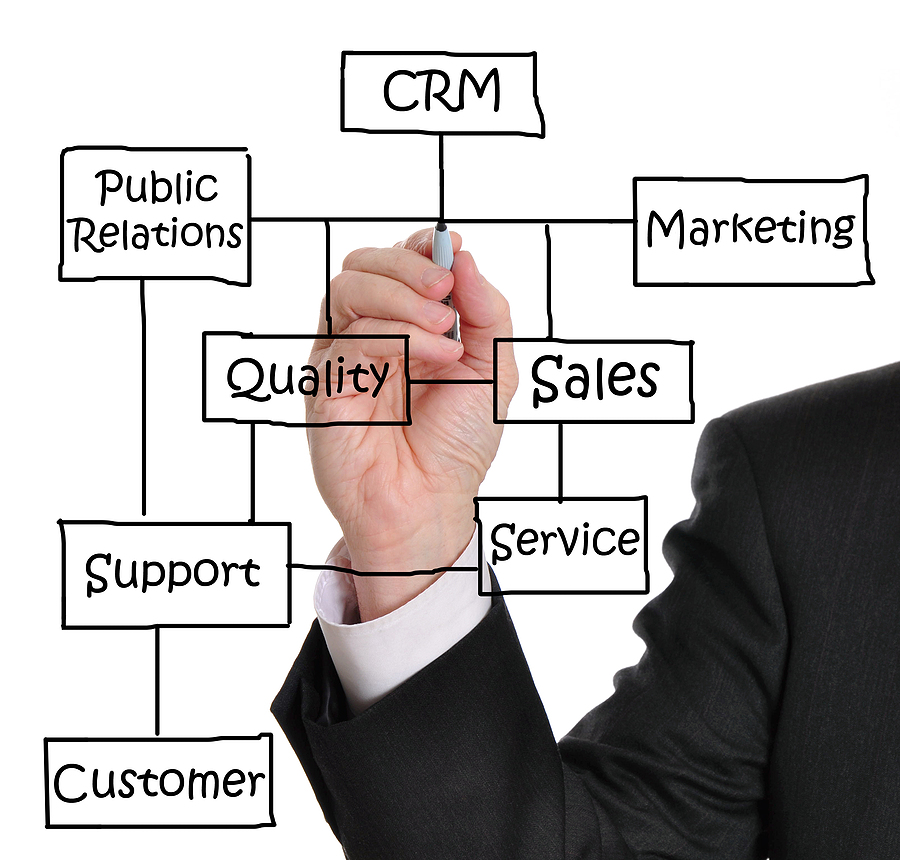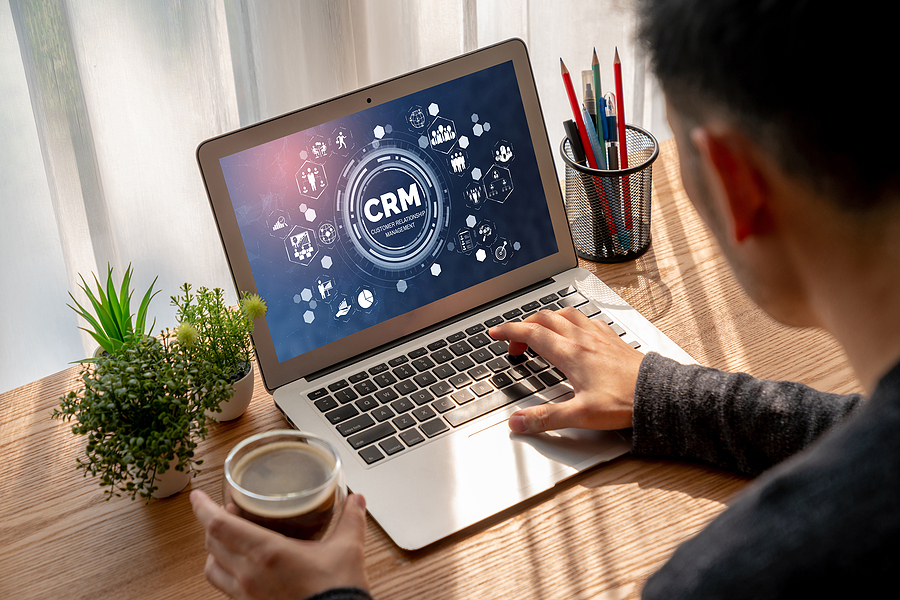As a small business, you may not have a CRM (Customer Relationship Management) system in place or you may have one but it’s not working the way you thought it would. While a CRM can be beneficial when trying to grow your business, understanding what it is and the benefits it provides can help you make an informed choice for your business. It may even lead you to the conclusion that you need a custom CRM.
What is a CRM?
It is software that gathers information about your customers and prospects in one place so you can better understand their needs and how to meet them. It also enables you to track your interactions with them, automate repetitive tasks, and score leads so you can prioritize the sales pipeline. The goal of any CRM is to help businesses build relationships that result in loyal customers and increased sales. The key is to determine which CRM is right for your business.

Types of CRMs
Commercial off-the-shelf (COTS): These are general CRMs that have already been developed and come with a set of pre-determined features. They may not offer the level of customization your business needs.
Open source: With open source CRMs, the software code is available for anyone to view, use, and modify. The advantage of using an open source CRM is that it can be customized to fit the needs of your business. However, you will need someone with technical skills to set it up and maintain it,
Custom: A custom CRM is built specifically for your business based on your specific requirements. It offers the greatest flexibility in terms of functionality and integration.
Benefits of a CRM
There are many benefits of using a CRM system, regardless of which type you choose.
Helps you understand your customers: By tracking customer interactions, a CRM can help you learn more about their needs and how they interact with your business. This information can be used to improve the customer experience and increase sales.
Improves customer service: By having all customer information in one place, your team can provide better and faster customer service. CRM systems can also automate repetitive tasks, such as sending follow-up emails or generating reports, so your team has more time to focus on providing great service.
Increases sales: A CRM can help you score leads and prioritize the sales pipeline so you can close more deals. It can also track the performance of your sales team so you can identify areas for improvement.
Reduces costs: By automating tasks and improving efficiencies, a CRM can help you save time and money.
Choosing the Right CRM
The type of CRM you choose should be based on the needs of your business. If you need a general CRM with some basic features, a commercial off-the-shelf CRM may be sufficient. However, if you need a custom CRM, open source CRMs can be personalized or you may want to have a CRM designed specifically for your business.
No matter which type of CRM you choose, make sure it meets the following criteria:
It’s easy to use: The system should be intuitive and easy to use so your team can get up and running quickly.
It’s affordable: The CRM should fit within your budget and offer a good return on investment.
It integrates with other systems: If you have other business systems, such as an accounting system or marketing automation software, the CRM should be able to integrate with them so you can avoid duplicating data entry.
It offers the features you need: Make sure the CRM has the features you need to meet your business goals.

Can’t Decide Between General or Custom CRMs?
RAC Consulting can help you determine which type of CRM is right for your business. We can provide customized CRM system implementation to maximize your sales and keep your entire operation running more efficiently. We build our CRM systems in Responsive Web Design which means that your employees and sales force can easily view and share all of your information from the ease and convenience of their smartphones, tablets, or computers.
Look no further than RAC Consulting for your CRM System needs. For more information, contact us today.


